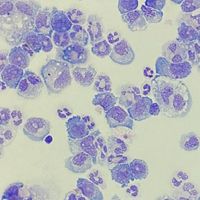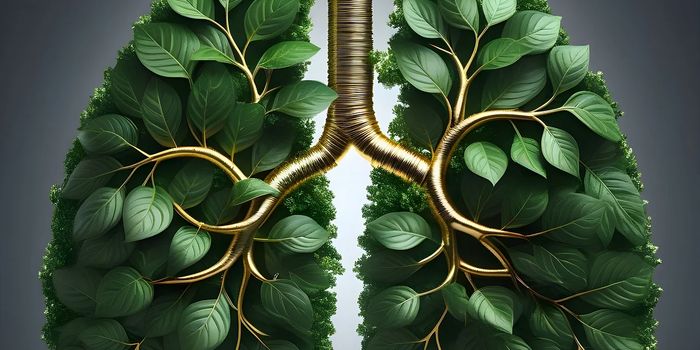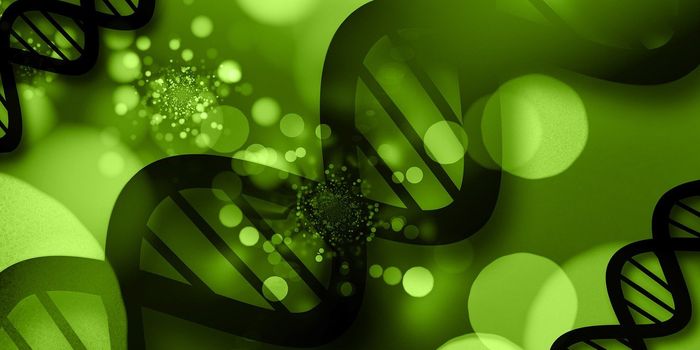Novel Discovery Uncovers How Tumor 'Stiffness' Promotes Metastasis
Breast cancer is the most common cancer found in women. Typically, prevalent in women over the age of fifty, different breast cancer subtypes can occur based on the biological mechanism in which the cancer originated. These subtypes dictate the necessary treatment prescribed by doctors. The most common type of breast cancer includes invasive ductal carcinoma, followed by lobular breast cancer. Less common and more aggressive breast cancer subtypes include triple negative breast cancer (TNBC), inflammatory breast cancer, and Paget’s disease of the breast. Each subtype is characterized by cell surface receptors that respond to hormones, which drive breast cancer. Common symptoms of breast cancer include a change in shape or size of the breast, a mass or lump in the breast tissue, dense or hardened tissue under the skin, and blood or clear fluid discharging from the nipple. Therapeutic treatments include surgery, chemotherapy, radiation, and immunotherapy. While the standard-of-care treatments often include surgery and chemotherapy, immunotherapy is beginning to make its way in the clinic as a complimentary treatment. Immunotherapy is a type of treatment that redirects the immune system to target the tumor. In the context of cancer, immune cells cannot recognize the tumor as malignant, so various immunotherapies activate these cells to respond to rapidly dividing cancer cells.
Invasive breast cancer is much harder to treat because it most often metastasizes to other tissues. A common symptom of invasive breast cancer is “stiffness” of the extracellular matrix or breast tissue. This increased stiffness increases the risk of established tumors metastasizing to other locations. Many scientists are working to understand this process, since the mechanism is not clearly understood.
A recent article in Nature Cancer, by Dr. Valerie Weaver and others, demonstrated that tumor associated immune cells, known as macrophages, restrict the immune response and metabolically reprogram the breast cancer microenvironment. More importantly, this article sheds light on the dense tissue mechanism that promotes tumor metastasis. Valerie Weaver is a principal investigator and the Director of the Center for Bioengineering and Tissue Regeneration in the Department of Surgery at the University of San Francisco (UCSF). Her work primarily focuses on the environment around the tumor and how extracellular matrix changes the organization of tissues to influence metastasis.
Weaver and others discovered that the tumor associated macrophages (TAMs) respond to and promote stiff breast tissue by secreting proteins that generate collagen. To investigate, the team used mouse models to mimic human cancer and analyzed cells at the molecular level to determine gene expression indicative of function. As a result, researchers found that TAMs producing collagen consume nutrients in the environment that anti-tumor immune cells need to properly function. Therefore, this stiff tissue impedes antitumor immunity. TAMs also influence the metabolism of cells in the tumor microenvironment, which dysregulate immune cell function. This metabolic barrier serves as a secondary effect of TAMs produces collagen to promote tumor expansion.
Overall, Weaver and her team effectively demonstrate why stiff breast cancer tissue promotes tumor expansion. The discovery of TAMs orchestrating tissue stiffness and uncovering the mechanism that drives tumor growth further progresses our understanding of the tumor microenvironment, and provides the potential to inform therapeutic treatments, such as immunotherapies targeting TAMs to better control breast cancer metastasis.








